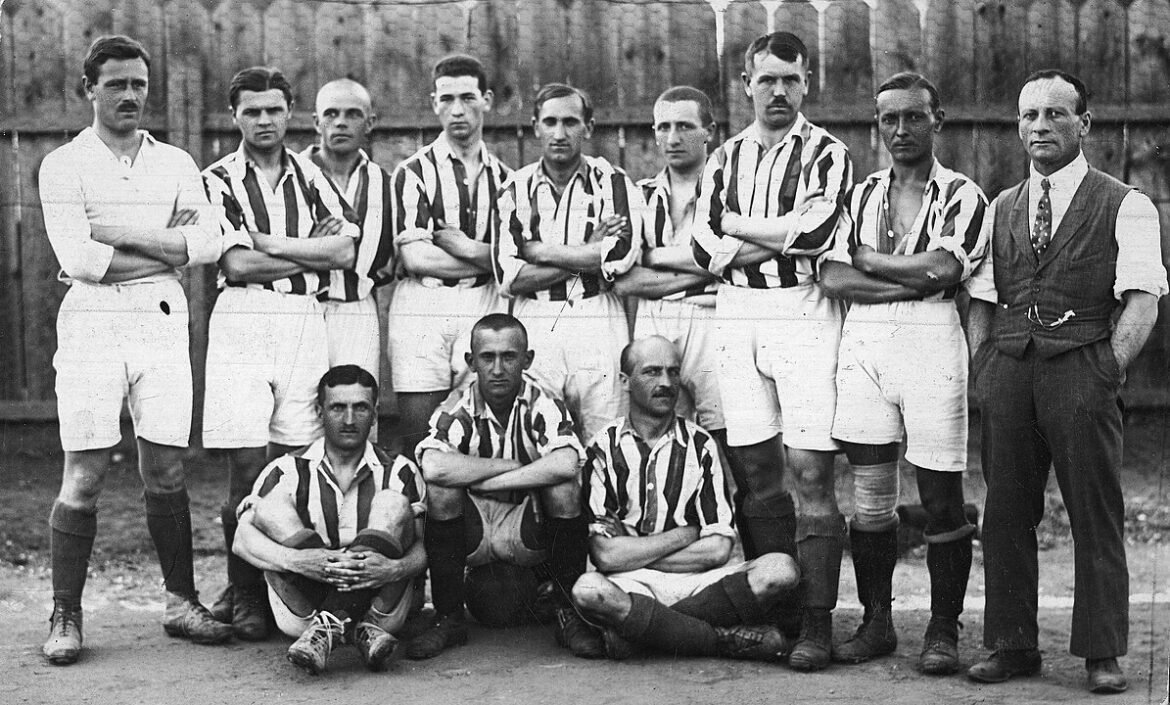Józef Lustgarten is a man who not only developed the tradition of football in Kraków, but did it also nationwide. He was one of the first selectors of the national team and an activist of the Polish Football Association. He fought for Polish independence. During World War II, the communists sent him to a gulag.
He was born in Kraków on 1 November 1889 into a Jewish family. His education began at the Jan Sobieski Gymnasium in Kraków, after which he took up law studies in Kraków and Vienna. He gained his qualification as a certified football referee in 1913 and completed his PhD in 1919.
Although he is often mistakenly regarded as the founder of Cracovia, Lustgarten joined the club only in September 1906. But it was he who suggested the name ‘Cracovia’ for the Academic Football Club in Krakow. Lustgarten was a versatile player – he played as a goalkeeper, striker, and midfielder. His involvement in the club did not stop on the pitch; he served as team manager, secretary, and vice-president.
During the First World War he served in the 3rd Infantry Regiment of the Second Brigade of the Legions. He fought to regain Poland’s independence. His country was then under occupation by Germany, Russia, and Austria. On his return from the front in 1915, in a deserted Kraków, he organised a football team and contributed to the reconstruction of sports facilities destroyed by the army. For these contributions he was awarded the Independence Medal and the Golden Cross of Merit.
He was also active at the national level, being a co-author of the statutes of the Polish Football Association. His articles on refereeing in the Sport Review were considered an essential source of knowledge for aspiring referees. In 1922 he became one of the selectors of the Polish national team.
World War II brought much suffering to him, as it did for many other Poles and Jews. In 1939, he was arrested in Lwów (today’s Lviv) by the Soviet NKVD and sent to Stalin’s gulags, where he spent 17 years. After his release, he returned to Poland, starting in 1956 working for Cracovia. He became a member of the club’s board of directors in 1967, having previously become a member of the Senior Council in 1958.
He died on 21 September 1973 in Krakow.





